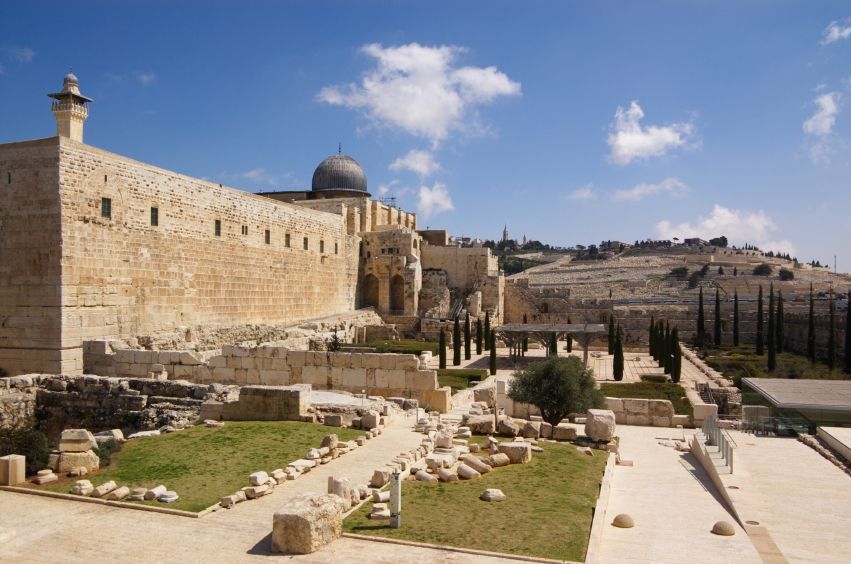Reading religion is not just about Christians reading Bible and Muslim reading reading Quran. Reading religion means reading with your eyes and mind open, reading all sorts of religious books, reading books from various religions and trying to understand the actual essence of religion. Do you do it?
Well, if you did not understand what I am asking, here is a simplified version of the question. As a Christian do you read Quran, Vedas, etc. As a Muslim, do you read Bible, Bhagavata Gita, etc.
Well, if you did not understand what I am asking, here is a simplified version of the question. As a Christian do you read Quran, Vedas, etc. As a Muslim, do you read Bible, Bhagavata Gita, etc.




